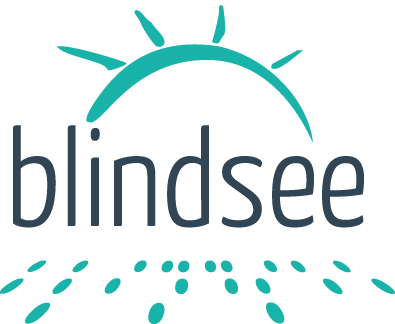From August 28 to September 8, 2024, the eyes of the world were on athletes with disabilities at the Paralympic Games.
This fortnight was also a unique opportunity to change the way people look at disability.
At a time when the legacy of Paris 2024 is about to be measured, APF France handicap is calling on the French government to “finally” introduce sanctions.
1.8 million establishments open to the public were supposed to be accessible by September 26, 2024, marking the end of the Ad’Ap programme. Yet only half of them have actually done so.
September 26, 2024 marked the end of the Agendas d’accessibilité programmée (Ad‘AP), the “deadline” by which establishments open to the public (ERP) were supposed to become accessible: museums, tourist offices, shopping malls, cinemas, town halls, exhibition venues, restaurants, schools, hospitals, doctors’ surgeries… the list goes on!

Accessibility, whether physical or digital, is far from being on schedule. Only 50% have taken the necessary steps to make their establishments accessible. This situation is unacceptable, even though these establishments should have been made accessible nearly 20 years ago.
According to APF France Handicap, it is imperative that the public authorities adopt a proactive policy to make France accessible. For millions of people with disabilities, the Olympic and Paralympic Games have “raised hopes, but now there’s a risk of disappointment”.
Against this backdrop, the association is calling for the introduction of a system of checks and penalties for ERP failing to meet their obligations, and the creation of a Secretary of State for Universal Accessibility (a minister dedicated to disability has just been appointed), so that people can access goods, services and activities with complete autonomy.
So what can you do in digital to avoid a future penalty?
Since 2005, public institutions have been required to make their websites accessible to all. However, barely 1% of companies comply with legal obligations in this area, and a website isn’t everything.
Accessibility to information, in particular, can and must be achieved at other levels, via digital applications.
There are many different kinds, and audio description is an indispensable key to accessing information, particularly for blind or partially-sighted people.
The Blindsee application has been developed to facilitate access to information and promote the autonomy of blind people by offering innovative functionalities, intuitive navigation and a new user experience.
Blindsee gives autonomy to people with disabilities, especially in ERP environments. It improves visibility and information for visitors of nearby objects or points of interest, using geolocation (GPS, Bluetooth, NFC beacons). Blindsee gives them greater freedom, allowing them to move at their own pace, according to their own preferences, without a set itinerary.
Not only can it be used on site, it can also be used remotely. Visitors can “teleport” to a given location in relation to an address. In this way, they can initiate a virtual tour of the site from a distance.
Blindsee can be used by any public or private ERP, whether new or existing, with indoor or outdoor spaces. It enables managers to meet their legal obligations.
For further information, please contact us.

